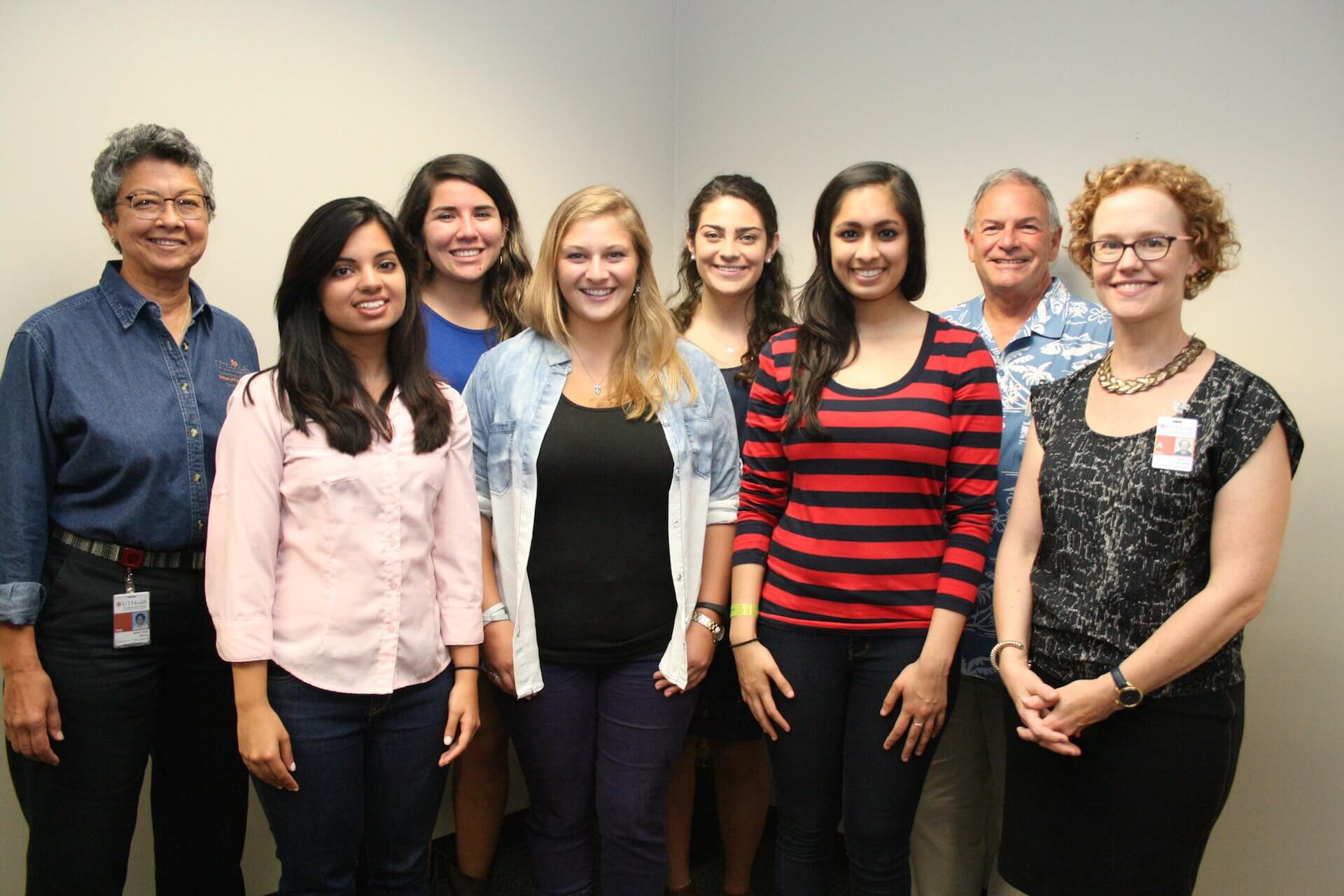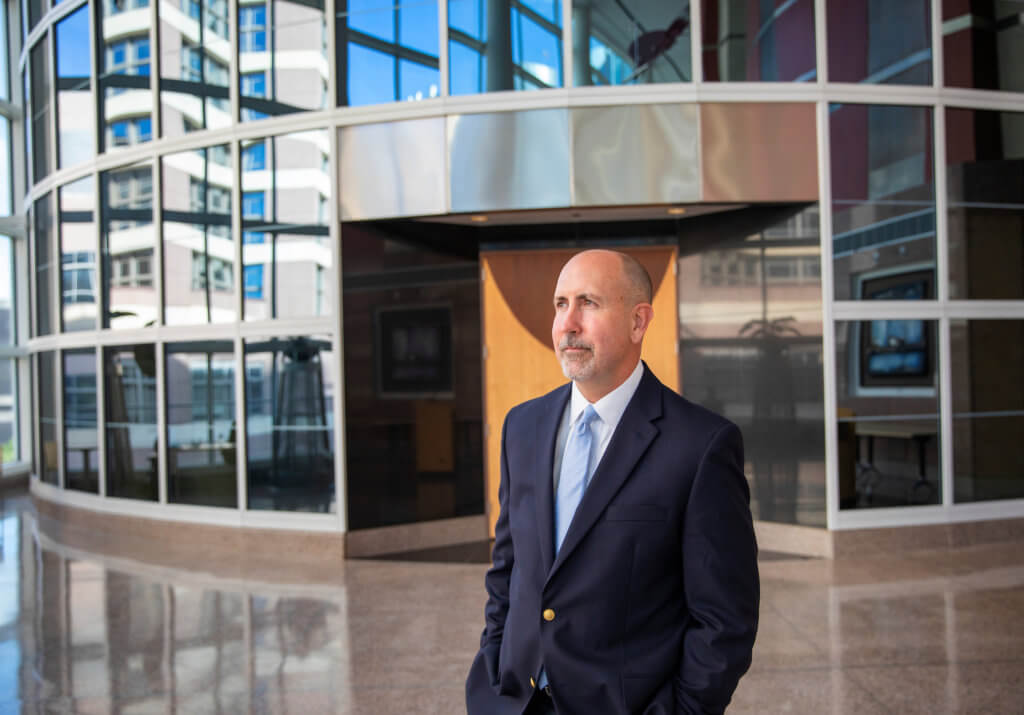Rice, UTHealth offer Health Scholars Program

Rice University and the University of Texas Health Science Center at Houston (UTHealth) School of Public Health have introduced a Health Scholars Program that will allow Rice undergraduates in any discipline to earn a master’s degree in public health one year after completing their undergraduate degrees.
Five Rice seniors are taking part in the inaugural year. They are allowed to enroll in up to five core courses at the School of Public Health while finishing their undergraduate degrees and will spend one additional year at the UTHealth facility to complete their master’s requirements. The core courses cover epidemiology; biostatistics; management, policy and community health; environmental health; and health promotion.
“We’re starting with five students because they will come up with questions that only they can anticipate,” said Nicholas Iammarino, a professor and chair of the Department of Kinesiology at Rice. Iammarino and Kirsten Ostherr, a professor of English at Rice and an adjunct professor at the School of Public Health, are co-directors of the program.
All of this year’s initial class have received Rice scholarships, as will future rising seniors, Iammarino said. The program may also accept nonscholarship students in years to come.
“The first cohort is the most difficult, because these students are rising seniors and had no time for preplanning,” he said. “We hope freshmen and sophomores who are now aware of the program start to plan as they think about applying.”
“We are very happy about our pilot cohort, because it already accomplishes one of the key goals of this program: to bring students from a wide range of majors, from the humanities to the sciences, into public health,” Ostherr said. “We have students from art history, biochemistry, business, women and gender studies and more. The grand challenges facing public health today need all of the creative input they can get, and our students will bring fresh eyes to those problems.”
Iammarino said the program targets not only pre-med students but also those thinking about public service. “They could work at any level — national, state and local health departments, from the Centers for Disease Control on down — or go to organizations like the American Cancer Society and the American Heart Association.”
The private sector offers an increasing number of opportunities, he said. “A lot of companies, (like) health insurance companies, are looking for people who have advanced degrees in health sciences and public health.”
He said public health specialists with a master’s degree are highly valued. “You’ll see a lot more clinical professionals — physicians, dentists, even veterinarians — who say they’re interested in public health issues that affect the community, rather than just treating a patient. They’re prime candidates for this program.”
Ostherr said the field of public health attracts problem-solvers because it is about prevention of complex problems, such as the epidemic of chronic diseases in the United States. “For those who want to go to the root of a problem, instead of addressing its after-effects, public health is an attractive option,” she said.
Iammarino credited former Wiess School of Natural Sciences Dean Daniel Carson, in his new role as vice provost for strategic partnerships, with putting the pieces together. “Dan was the prime mover, the perfect person at the right place at the right time.”
“This program is not the first joint academic program we’ve established with Texas Medical Center partners, but it is the first new one in a long time,” Carson said. “The current overall atmosphere of collaboration and openness in the TMC creates many new opportunities for our students and faculty and is a strategic priority for us.”
“President (David) Leebron said, years ago, that we need to make better ties across the street with TMC institutions. We’re moving it up a notch,” Iammarino said.
For information about the Health Scholars program, visit https://students.rice.edu/students/Rice-UT-Public_Health_Scholars_Program.aspx.




